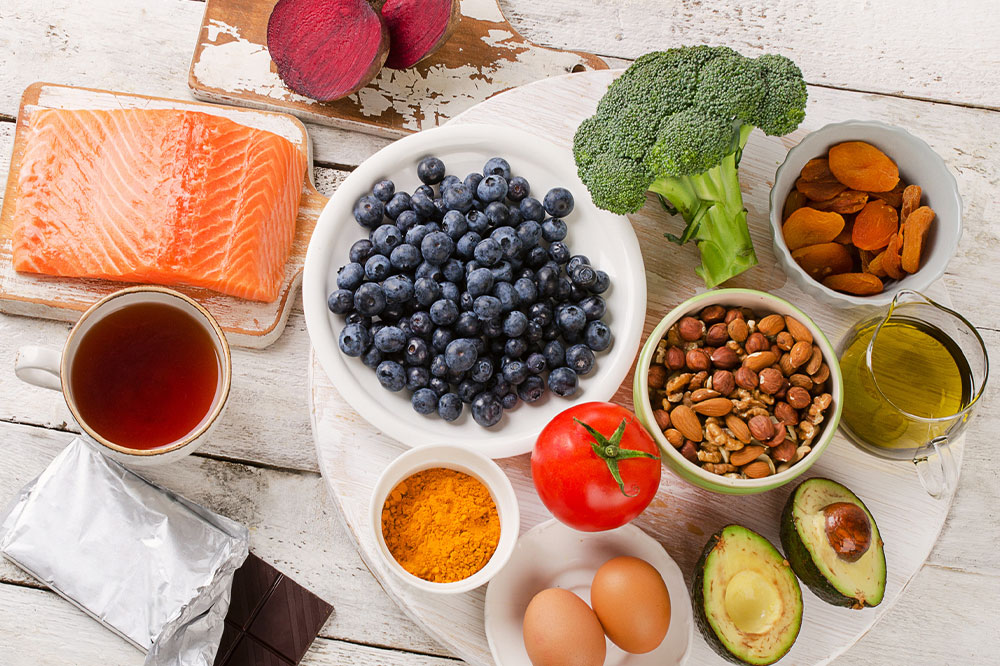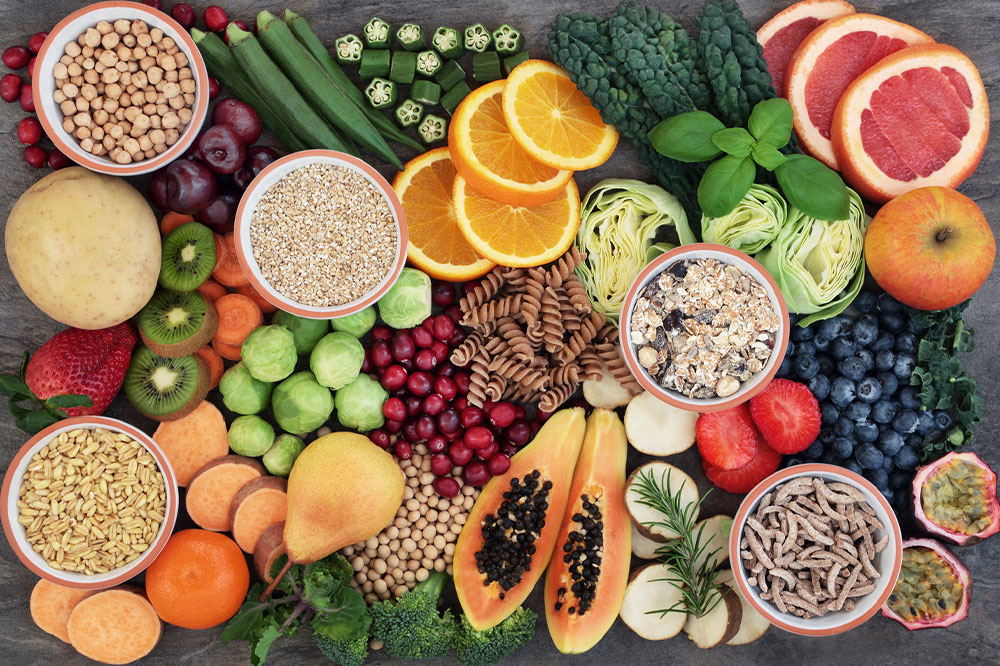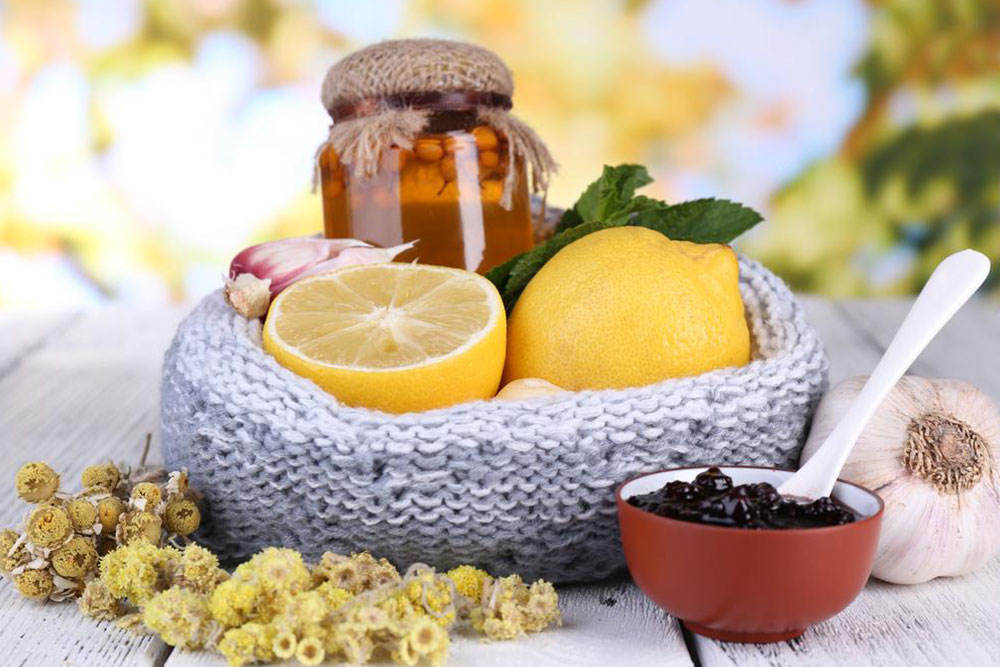Comprehensive Dietary Strategies to Support Managing Parkinson’s Disease Symptoms
Discover comprehensive dietary strategies to help manage Parkinson’s disease symptoms effectively. Learn about foods rich in omega-3s, levodopa, antioxidants, and more that support nerve health and reduce inflammation. Tailored nutrition can significantly improve quality of life and possibly slow disease progression when combined with medical treatment. Expert tips on integrating these dietary choices into daily routines for optimal health benefits.

Nutritional Guidance for Improving Quality of Life in Parkinson’s Disease Patients
Parkinson’s disease is a complex, progressive neurological disorder that affects millions worldwide. Characterized by symptoms such as tremors, muscle rigidity, bradykinesia (slowness of movement), and postural instability, it significantly impacts daily functioning and quality of life. While pharmacological treatments remain the primary management approach, emerging evidence underscores the vital role that diet and nutrition play in alleviating symptoms, delaying progression, and enhancing overall well-being. Careful selection of foods can support nerve health, reduce inflammation, and provide antioxidant protection, contributing to better disease management.
As a degenerative neurological condition, Parkinson’s involves a loss of dopamine-producing neurons in the brain’s substantia nigra. This degeneration manifests in motor and non-motor symptoms that can be challenging to control. Incorporating specific dietary strategies can serve as a complementary approach to medication, helping patients maintain independence, improve mood, and manage motor fluctuations.
Key Nutritional Tips for Managing Parkinson’s Disease
1. Incorporate Omega-3 Fatty Acids for Brain and Nerve Health
One of the most beneficial dietary components for individuals with Parkinson’s disease is omega-3 fatty acids, essential fats known for their anti-inflammatory properties and positive effects on brain health. Fatty fish such as salmon, sardines, mackerel, and albacore tuna are rich sources of EPA (eicosapentaenoic acid) and DHA (docosahexaenoic acid), which have been shown to help reduce neuroinflammation, potentially slow the progression of neurodegeneration, and support cognitive function. Regular consumption of omega-3-rich fish can also provide cardiovascular benefits, which are crucial considering the increased risk of vascular issues associated with Parkinson’s.
Including at least two servings of fatty fish per week or considering omega-3 supplements under medical supervision can help optimize anti-inflammatory effects. It’s important to choose high-quality, minimally processed fish to maximize nutrient retention and health benefits.
2. Utilize Natural Sources of Levodopa, Like Fava Beans
Fava beans (Vicia faba) are an excellent dietary source of levodopa (L-DOPA), a precursor to dopamine. While they should not replace prescribed medications, they could serve as an adjunct to support symptom management, particularly motor symptoms such as rigidity and tremors. Including fava beans in your diet may help improve motor function by providing a natural boost to dopamine levels.
It is essential to consult healthcare professionals before making significant dietary changes involving levodopa-rich foods, especially since they can interact with medications or influence disease management. Proper portioning and preparation are also vital to maximize benefits and minimize potential side effects.
3. Emphasize Antioxidant-Rich Foods for Oxidative Stress Reduction
Oxidative stress plays a critical role in the progression of Parkinson’s disease. Free radicals can damage neuronal cells, DNA, and tissues. Therefore, consuming foods high in antioxidants is vital to counteracting this oxidative damage. Brightly colored fruits like berries (blueberries, strawberries, blackberries), and vegetables such as spinach, kale, and broccoli, are packed with vitamins C and E, polyphenols, flavonoids, and other phytochemicals that combat oxidative stress.
Herbs and spices such as turmeric, cinnamon, and ginger also possess potent antioxidant and anti-inflammatory properties. Incorporating these into daily meals can enhance the body's defense mechanisms and possibly slow disease progression.
4. Maintain Adequate Hydration and Fiber Intake
Many Parkinson’s patients experience constipation, a common non-motor symptom. Adequate hydration combined with high-fiber foods like whole grains, fruits, and vegetables can support gastrointestinal health. Additionally, staying well-hydrated is essential for optimal medication absorption and overall health.
5. Prioritize a Balanced, Nutrient-Dense Diet
A diet rich in diverse nutrients—including healthy fats, quality proteins, complex carbohydrates, vitamins, and minerals—can bolster overall health and resilience. Regularly consuming a variety of nutrient-dense foods ensures adequate intake of essential nutrients necessary for nerve regeneration and neuronal protection.
Additional Dietary Considerations and Lifestyle Tips
While diet plays a significant role, it should be complemented with other lifestyle modifications such as regular exercise, physical therapy, and stress management. For example, incorporating aerobic and strength training exercises can improve mobility and muscle strength, which are often compromised in Parkinson’s. Additionally, managing stress through mindfulness or relaxation techniques can positively influence symptom severity.
Working closely with healthcare providers, nutritionists, and physical therapists is crucial. Personalized dietary plans tailored to individual needs, medication schedules, and symptom profiles will yield the best outcomes.
Conclusion
In summary, a well-planned diet can serve as a powerful tool in managing Parkinson’s disease symptoms, potentially slowing disease progression, and enhancing patients’ quality of life. Emphasizing omega-3 fatty acids, natural levodopa sources, antioxidant-rich foods, and maintaining overall nutritional balance can make a noticeable difference. As research continues to unfold, integrating nutritional strategies with medical treatment remains a promising frontier in Parkinson’s care.





